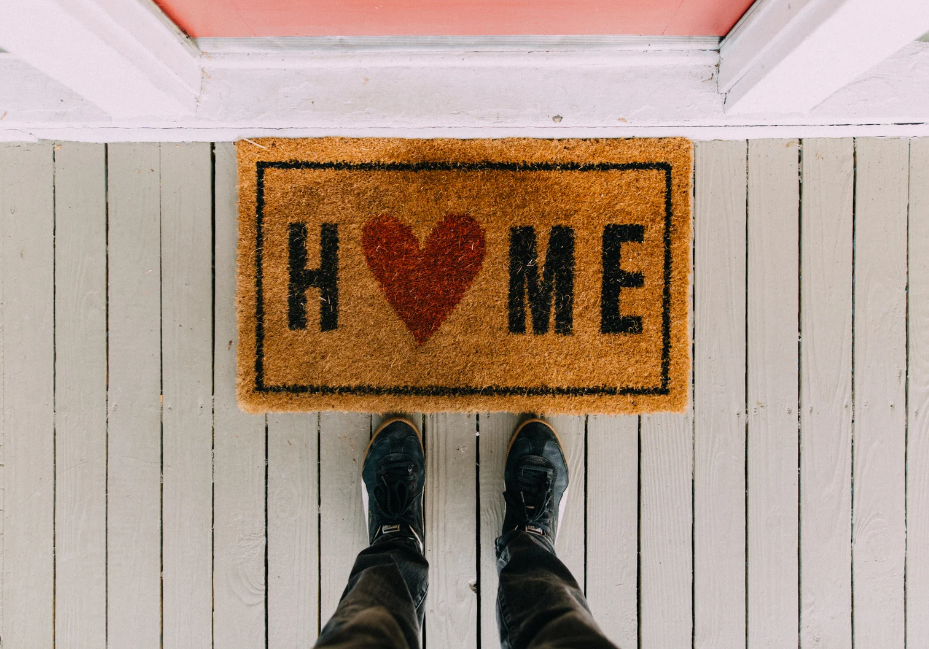Embarking on the journey of buying your first home is an exciting and complex process filled with new experiences, decisions to make, and factors to consider. This article aims to shed light on key aspects of the process, including down payment assistance, finding the best mortgage rate, understanding the concept of a low down payment, and navigating the loan application process.

The term "first-time home buyer" generally refers to an individual or family who is buying a property for the first time or has not owned any property in the past three years. Determining whether you are a first-time home buyer depends largely on your property ownership history. Here are some criteria you can use to assess your status:
- You have never owned a property: If you have never bought a property before, you are considered a first home buyer.
- You have not owned a property within the past three years: Even if you have owned a property before, you may be considered a first-time home buyer if it has been more than three years since you sold the property.
- You previously owned property only with your spouse: If you were married and owned a home with your spouse, but you are now single and do not own property alone, you may be considered a first-time home buyer.
- You are a displaced homemaker or single parent: If you only own one home with your spouse and due to life changes, you are now a single parent or displaced homemaker with no title to the property, you may be considered a first-time home buyer By.

In some areas, first-time homebuyers may receive incentives, such as discounts on mortgage rates or tax breaks. The purpose of these measures is to encourage and help more people achieve home ownership. But it also poses challenges. The most important of these challenges is often the down payment.
A down payment is a sum of money paid upfront when buying a home. Traditionally, a 20% down payment has been the norm, but with the Down Payment Assistance Program, this can be significantly reduced. Often offered by state or local governments or nonprofits, these programs provide grants or low-interest loans for some or all of the down payment, making home ownership easier for many.
While a down payment is a significant hurdle, it's not the only financial aspect to consider. Mortgage interest rates, or home loan interest, can greatly affect your monthly payments and the total amount you pay for your home. Therefore, getting the best mortgage rate is of the utmost importance. These rates can vary widely depending on your credit score, loan type, and lender, so it's worth doing your research, comparing rates, and negotiating to make sure you get the best deal possible.

Once you've explored assistance programs and learned about mortgage rates, the next step is the loan application process. This involves providing financial information to potential lenders who will evaluate your creditworthiness and determine the type and amount of mortgage you qualify for. The process can be complex and requires careful attention to detail from the pre-approval stage to the final closing of the deal.
In conclusion, being a first-time home buyer is a complex, multifaceted process that requires a great deal of planning and understanding. By becoming familiar with elements such as down payment assistance, the best mortgage rates, low down payment options, and the loan application process, people can move through the process more smoothly and confidently. It's not just about buying a property, it's about building a home and investing in your future.
Articles Sharing:
Will Powell become the second Volcker?
When Record-high Home Prices Meet Crazy Interest Rate Hikes
Statement:
This article was edited and compiled by AAA LENDINGS, the copyright belongs to AAA LENDINGS website, it doesn't represent the position of this website, and is not allowed to be reprinted without permission.
阅读原文 阅读 1957



